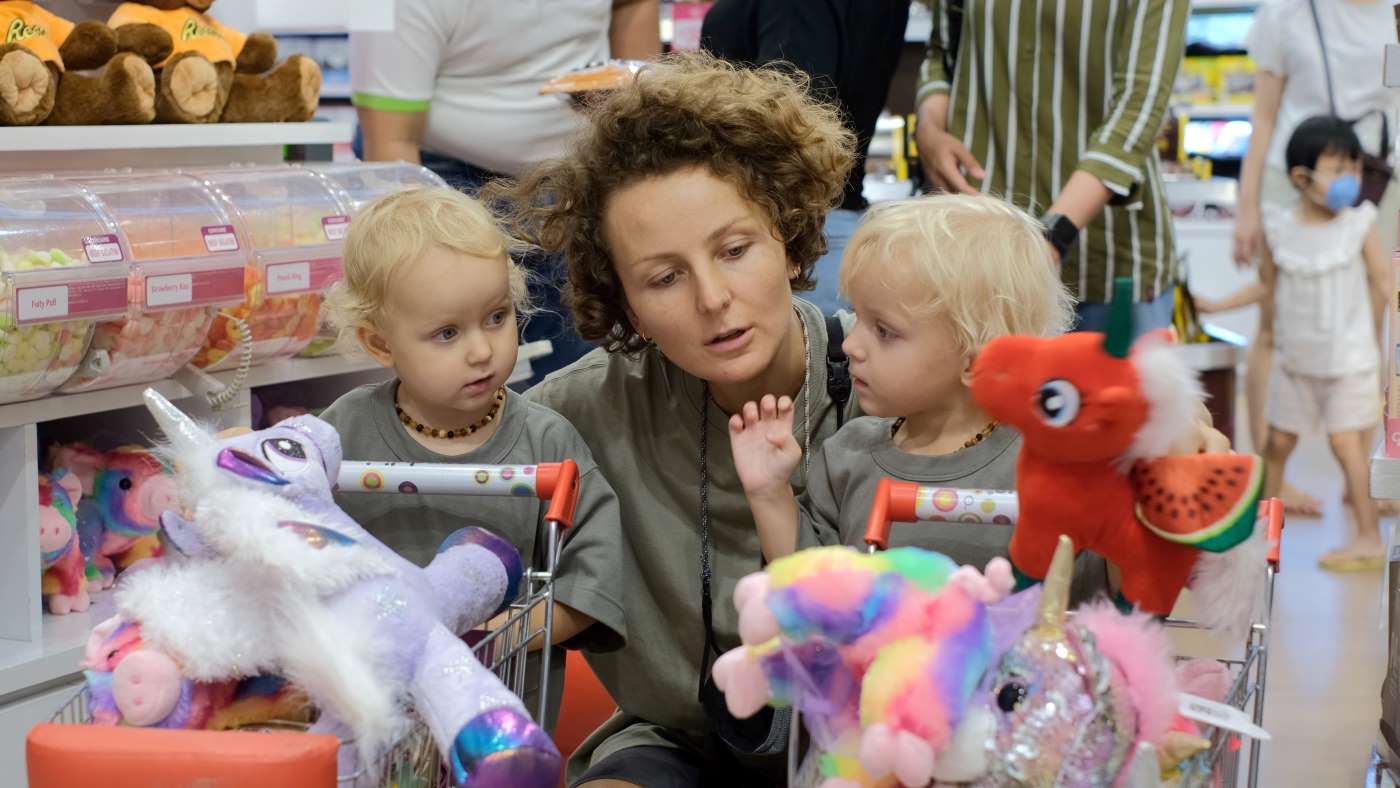Words just keep coming and coming...

Babies, toddlers and children need to hear and interact with language to help them learn.[1] Language is necessary for neuronal development. We know that children understand and learn words better when they talk with you and others and when they listen to familiar voices, so let’s delve into why it’s good to reflect on how children learn words.
During the early years, children learn lots of words, and language is important for brain development.
You will have seen, well, heard, many phases in the development of your toddler’s speech. They are now entering a new phase that will help them to use language in different ways, giving them more reasons to speak.
Language is often linked with executive function and now that your toddler has a larger bank of words and is more capable of thinking about choices and decisions, they can start to communicate their thoughts and actions more logically.[2]
You might find that when you ask a question, your toddler understands how to answer it a little better. Their developing ability to choose words helps them to think and follow up on an initial answer with another thought or choice.
Say they are asked what they want to wear, they could reply, “A top,” followed by a pause then, “And my coat.”
'And’ is a conjunction, which means a word that connects words and phrases to each other.
Conjunction words help your toddler to make requests, list items and to describe actions.
This means they are now learning to combine words to make requests, like, “I want banana and apple,” or list two items, “I’m getting teddy and Patch.” They can also describe what they are doing, “I get ball and throw it.”
Listening to and watching other people speak, helps your toddler learn how to express more meaning.[3]
While you chat with your toddler and others, your toddler’s brain is busy working out the meanings of words and how to join meanings together.[3]
The more they're exposed to language, the likelihood of your toddler using words like ‘and’ increases, and eventually, they will understand and use other conjunctions like "or" and "if" to help them communicate further thoughts and ideas.
So, using the word ‘and’ is the beginning of another incredible linguistic journey that will help them better understand what is being said to them and also how to express themselves clearly and coherently.
References:
[1] Speech and Language Developmental Milestones. (Last updated October 13, 2022) National Institute of Deafness and other Communication Disorders.
[2] Shokrkon, A., & Nicoladis, E. (2022). The Directionality of the Relationship Between Executive Functions and Language Skills: A Literature Review. Frontiers in Psychology.
[3] Gethin, A. (1999) Language and Thought: A Rational Enquiry Into Their Nature and Relationship. Intellect.